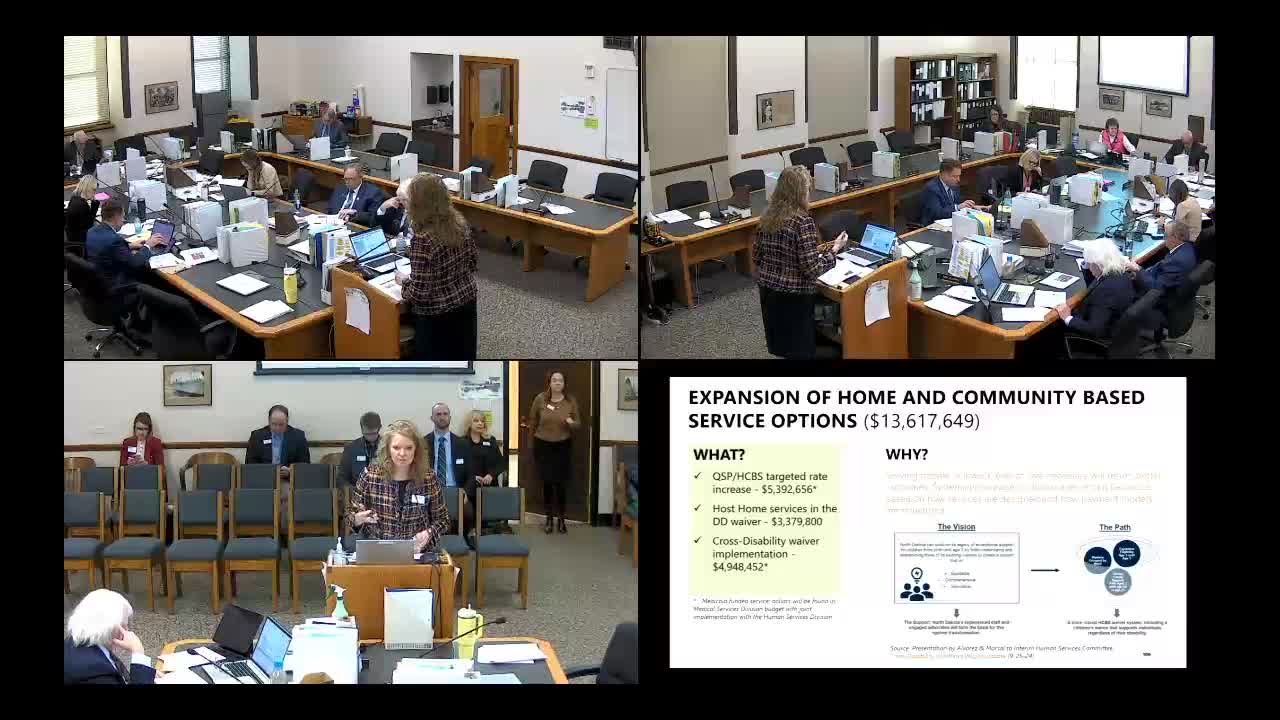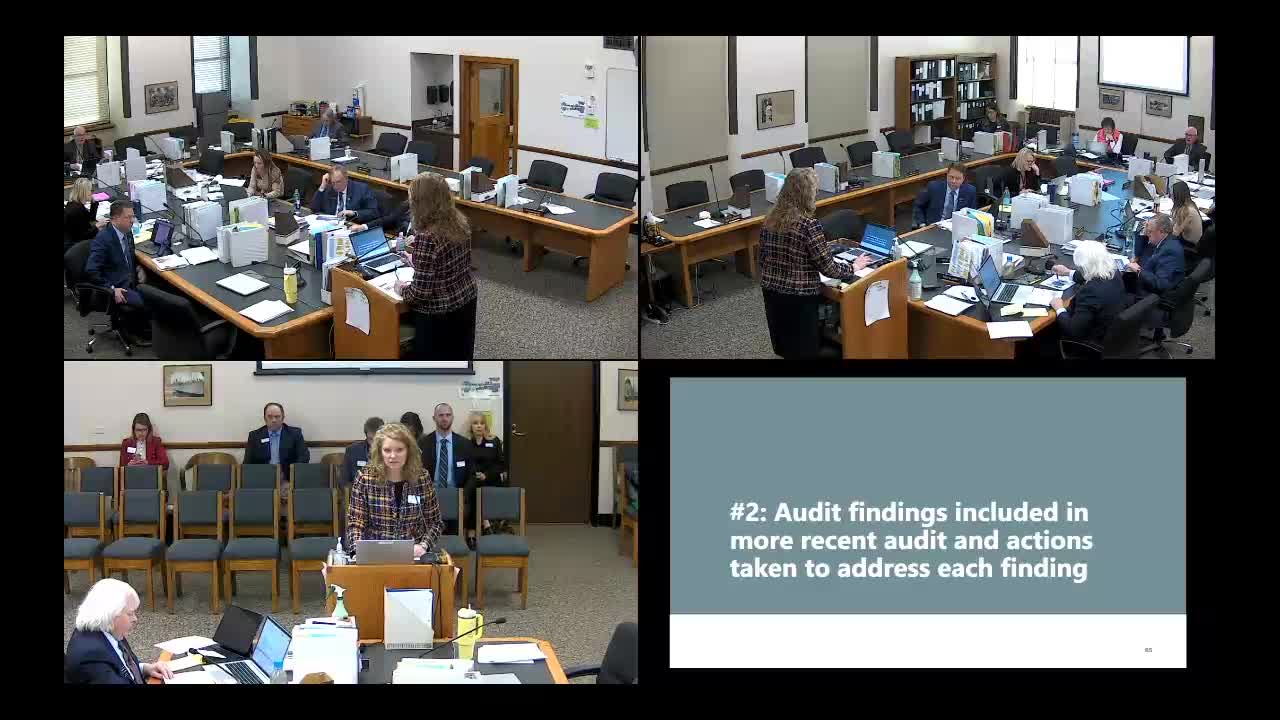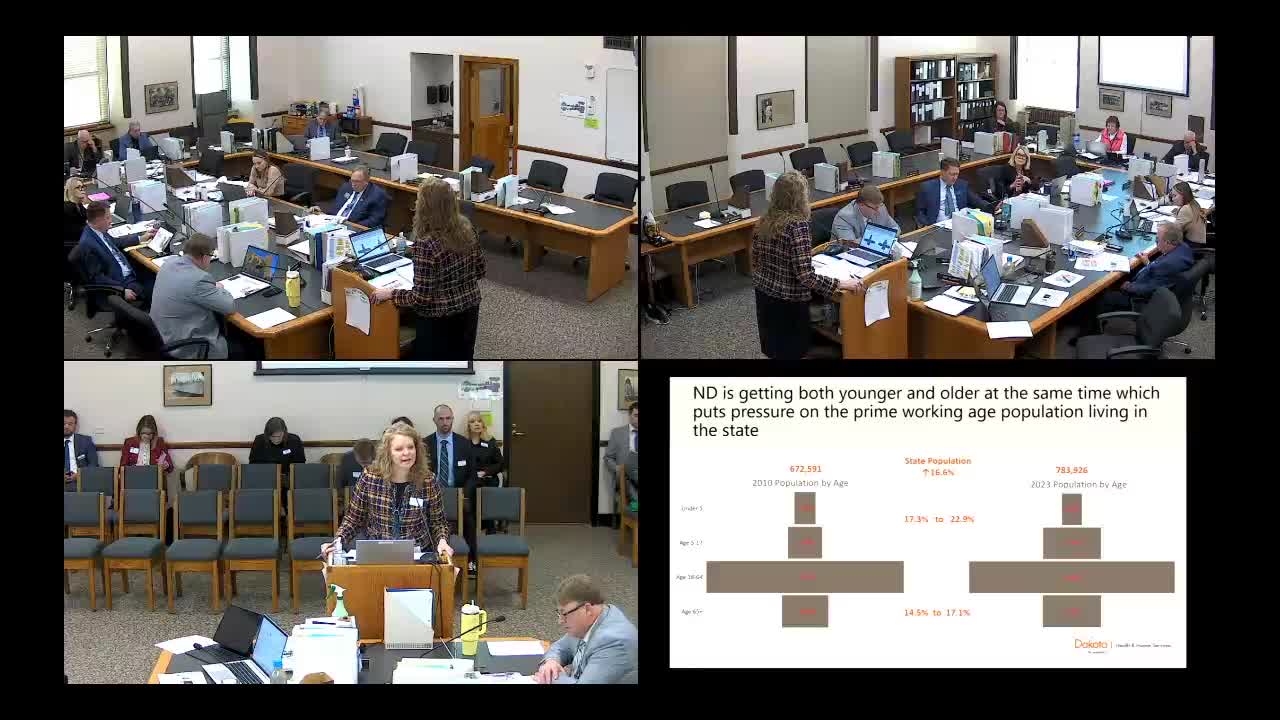Article not found
This article is no longer available. But don't worry—we've gathered other articles that discuss the same topic.

Appropriations preview: targeted rate increases, a host‑home option for DD waiver and cross‑disability planning

Child welfare timeliness flagged in audit; agency reports improving trends

Committee hears childcare arithmetic: rising costs, pilots for nontraditional hours and continued assistance

